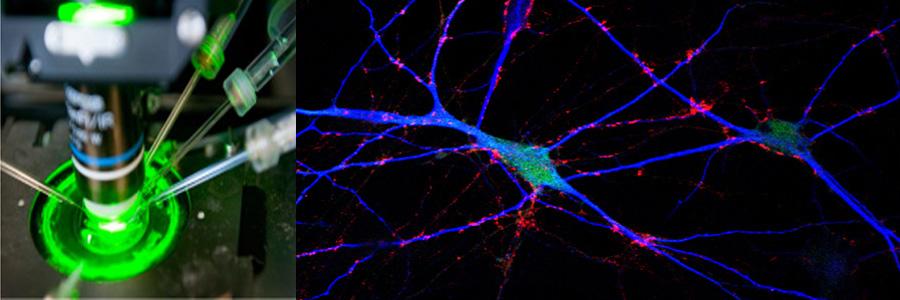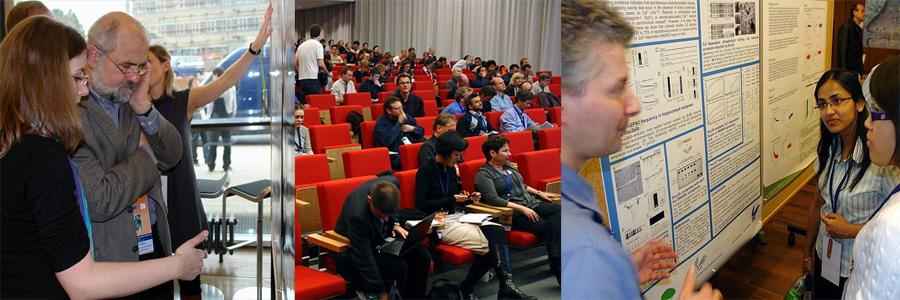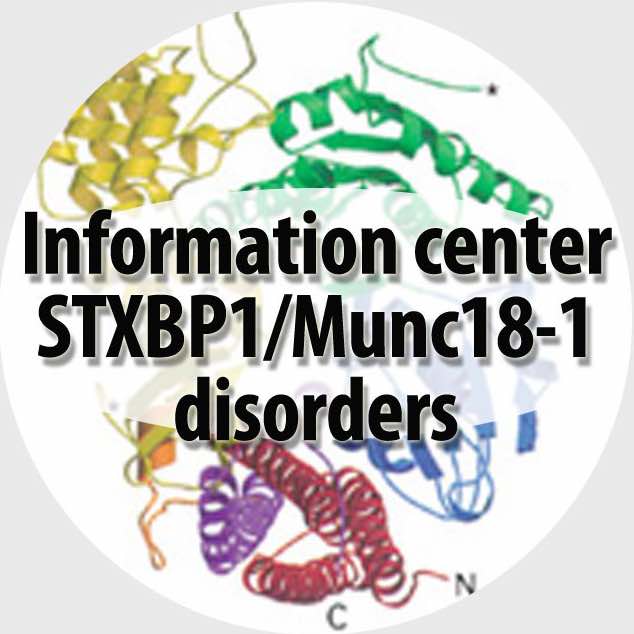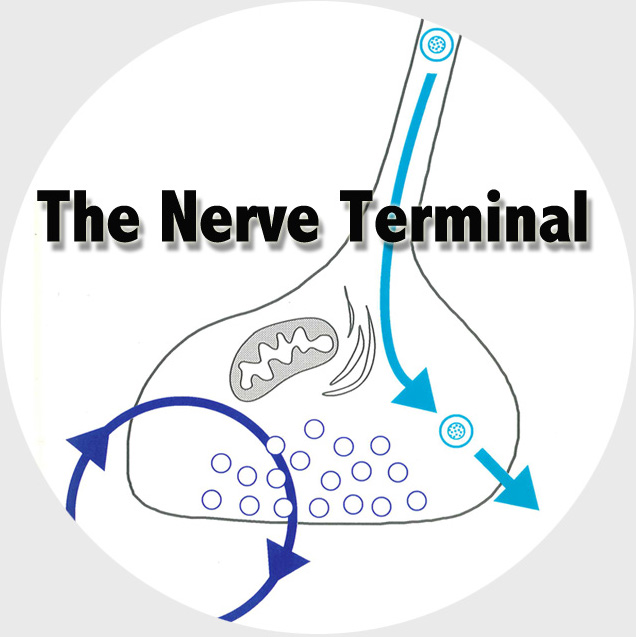
Research
The Functional Genomics department studies the presynaptic nerve terminal in health and disease.
We study presynaptic mechanisms that adjust synaptic transmission (presynaptic plasticity), the trafficking & fusion of neuropeptide vesicles (dense core vesicles) and presynaptic mechanisms of degeneration.

Outreach & Dissemination
We love to share our work & insights with society. We have produced short films on brain myths and the Virtual Brain Experience, that allows you to see the brain from within. We also collaborate with the Museumnacht and explain our science to lay people, school children, patients & their caretakers and clinicians.

About us
The Functional Genomics (FGA) department was established in 2001 when Matthijs Verhage moved in from Utrecht with a small team.
FGA is part of the Human Genetics Department of Amsterdam UMC, as well as the Life Sciences faculty of the VU University. Furthermore, FGA is embedded in Amsterdam Neuroscience.





